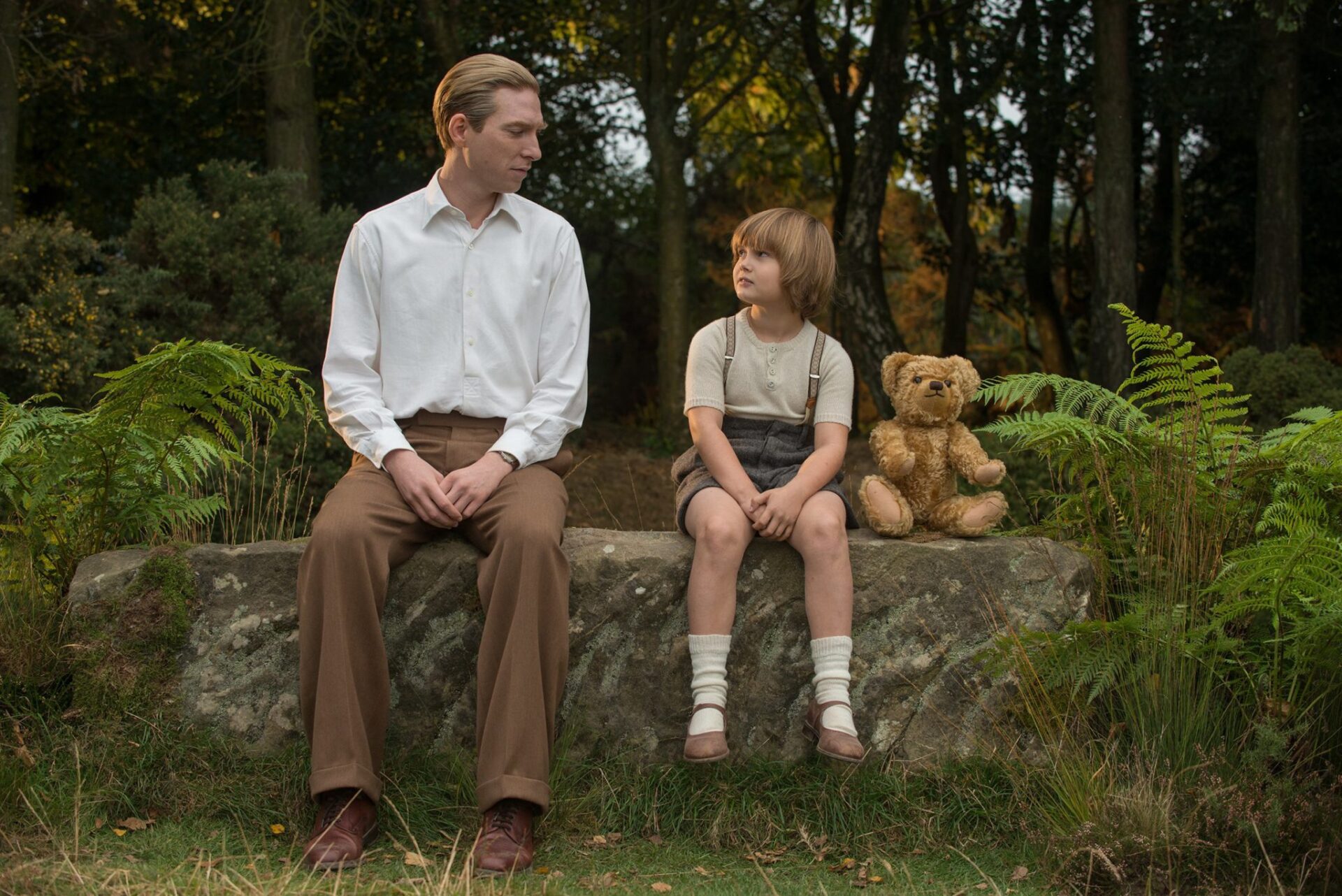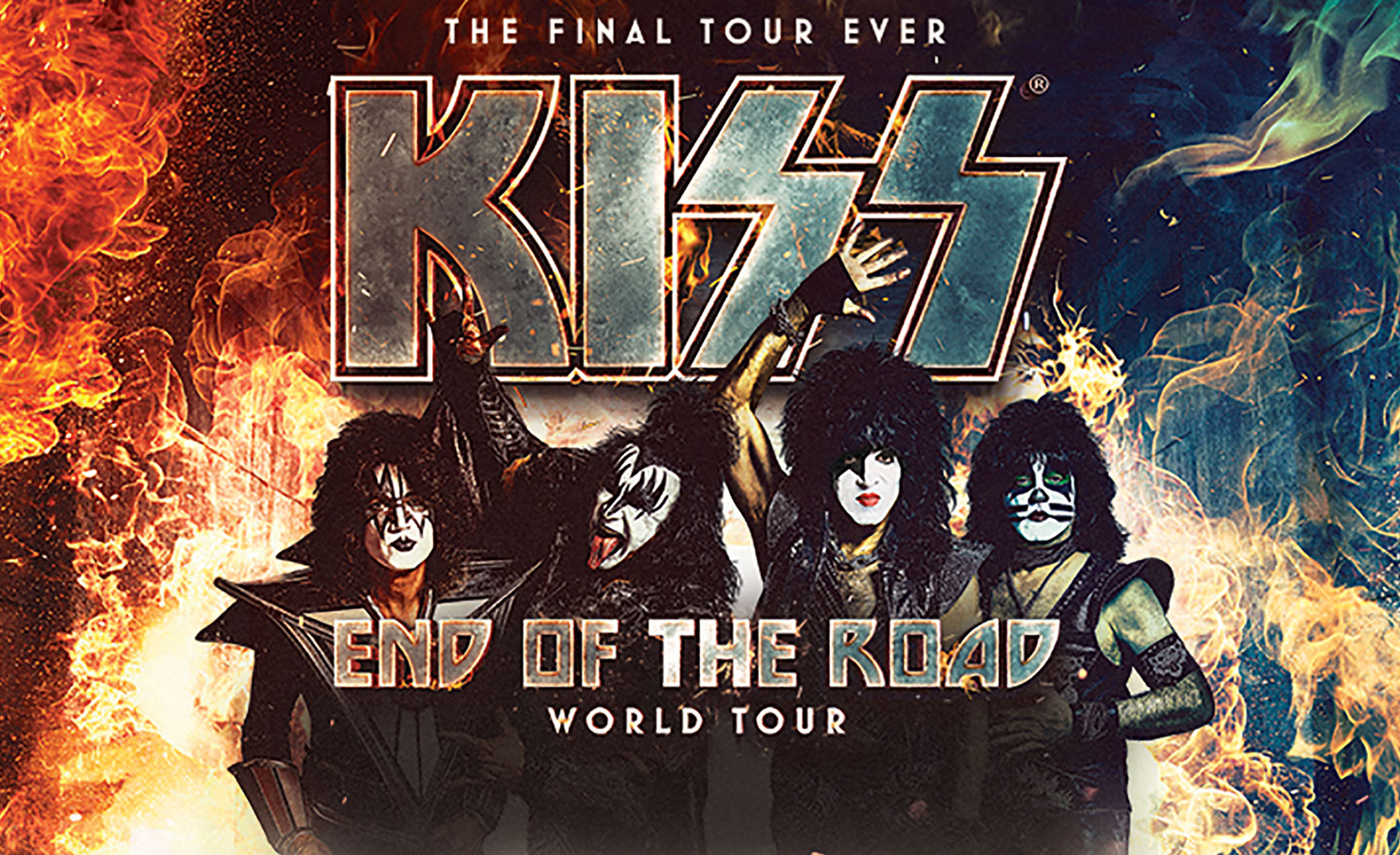Parents exploiting their children for fame and fortune is nothing new, as Goodbye Christopher Robin demonstrates. This movie is not a cute, lighthearted take on the boy that inspired the stories of Winnie the Pooh. It’s a tale of parental neglect, mental health, and the damage that a young boy faced due to his celebrity status.
Alan Milne (Domhnall Gleeson), the author of the Winnie the Pooh series, was a famous London playwright drafted into the First World War. He returns with a severe case of PTSD, which throughout the film is triggered by balloons popping, champagne opening, and even bees buzzing. He relocates his family to the country in an effort to temper his flashbacks and to provide himself with a new environment to write his next masterpiece: a book denouncing war. Initially, his faults as a parent can be attributed to his mental health and the British culture of being reserved, detached, and emotionless.
His wife, on the other hand, is an absolute horror. Daphne Milne (Margot Robbie) cares about no one but herself. In her wedding vows, she surely only meant the “for better” and “in health” parts. While her lack of understanding for her husband’s condition could be due to the early 1900s lack of psychological knowledge, all her other actions are nothing short of selfish. She refuses to bond with her son after his birth because he had the audacity to not be born a daughter. After her husband relocates the family to the country, she returns to London to party. It’s dull in the country, after all, and she’ll only be around her husband if he’s a successful author.
With parents like these, it’s little wonder that Christopher Robin (Will Tilston) bonds most with his nanny. The love they have for each other is palpable and more parental than anything Christopher shares with his biological parents. But, during a coincidental turn of events, the nanny, Olive (Kelly Macdonald), must tend to her ill mother, leaving Christopher Robin alone with his father for several weeks.
Here begins the inspiration for the stories that we all know. The father and son visit the zoo, meet a bear named Winnie, explore the woods, and name each of Christopher’s stuffed animals. Their names now are iconic: Winnie the Pooh, Tigger, Piglet, Eeyore, and Rabbit. As they play, Milne is taken aback by his son’s creativity. He begins to write about their adventures, encouraged by Christopher. But instead of writing a story for his son, Milne writes one about him instead. He explains this by reminding Christopher that, although Christopher Robin is his legal name, everyone calls him Billy Moon. In his mind, this separates the character from the child. Of course, this means nothing as the books gain popularity and the public demands to meet the child who inspired these tales.
Goodbye Christopher Robin is a slow movie, but the patient will find themselves with watery eyes and a new perspective of the childhood classic. The portrayal of the aftermath of WWI, specifically the depiction of PTSD, is admirably realistic. The film also doesn’t shy away from the fact that, although Winnie the Pooh was a joy for many of our childhoods, it was a torment for Christopher Robin. This is a film that will ruin your childhood, but likely not as much as Winnie the Pooh ruined Christopher Robin’s.













